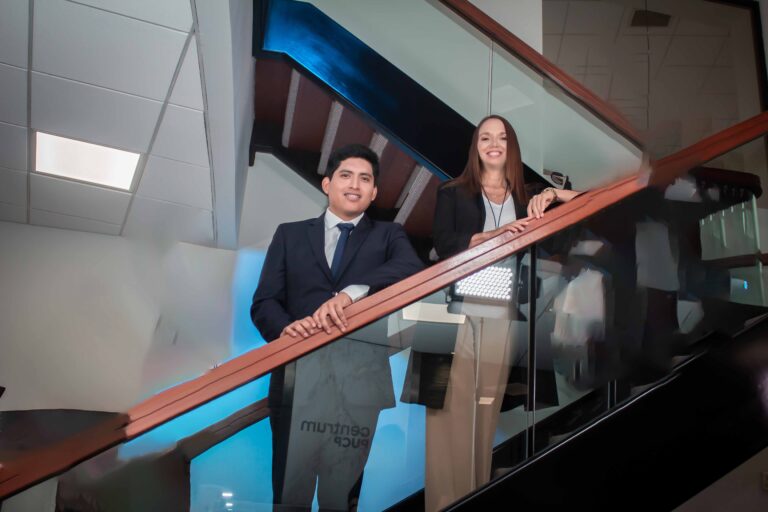Through addressing female academics in three public universities in Egypt, we aim to find out the extent to which female academics prefer to continue working from home (WFH) as a means of fulfilling their job responsibilities and the determinants for accepting or rejecting that option. A qualitative research method through semi-structured interviews with 33 female academics from three public universities selected from among 26 public institutions of higher education in Egypt. Moreover, our findings show that the preference to continue working from home varies across the addressed female academics, as they all differ in terms of workload, psychological well-being and the level of authority, control, and autonomy they have over their job. Furthermore, we identified familial commitments, availability of the information and infrastructure needed for work, cohesiveness when adopting WFH, and the extreme level of work from home as the four main determinants shaping the preferences of female academics in regard to working from home.
Referencia:
Mohamed Mousa & Beatrice Avolio(2023)Continuing working from home in the academic context: what do female academics prefer?,Globalisation, Societies and Education,DOI: 10.1080/14767724.2023.2207122


